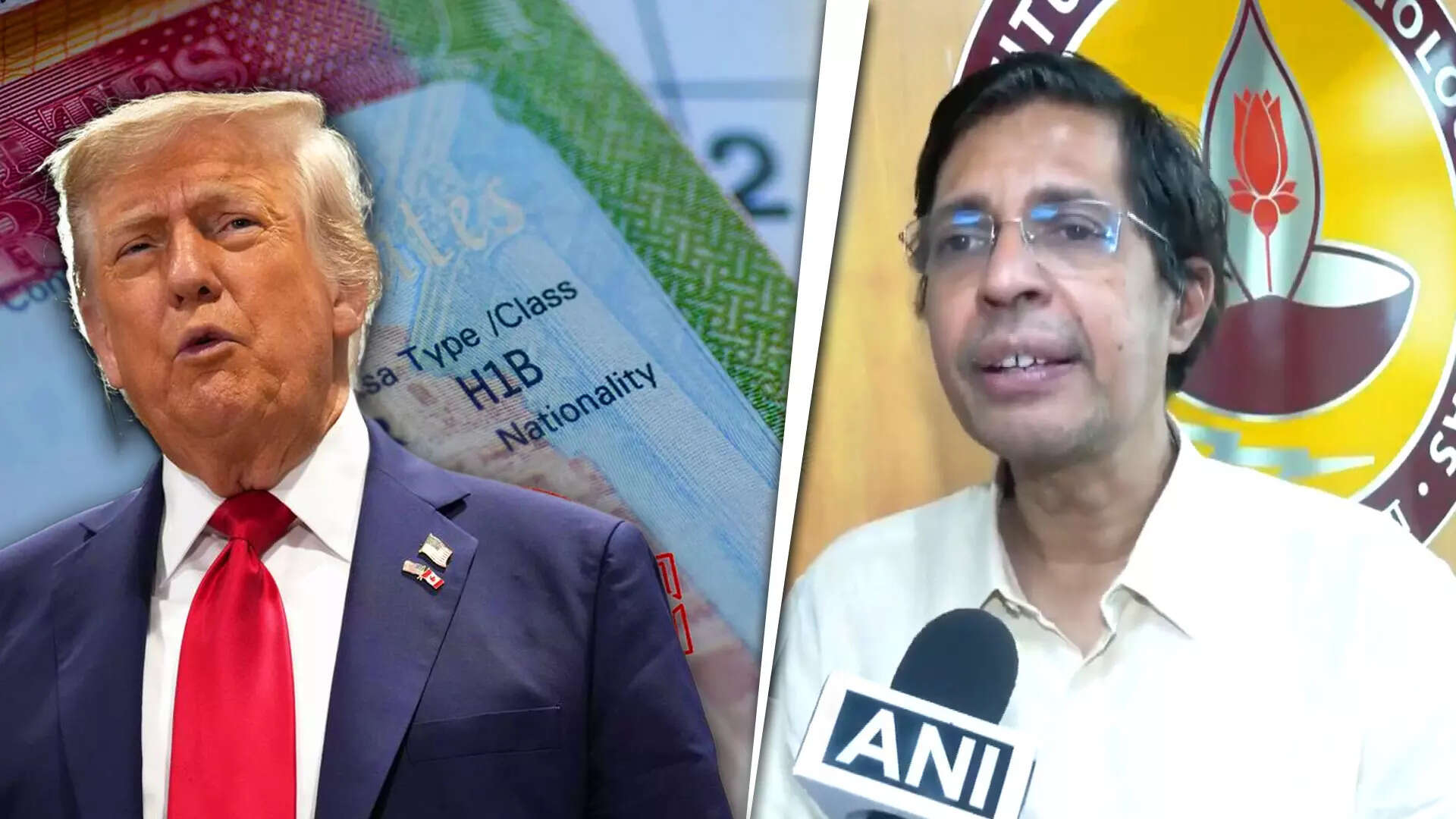Top Stories
US H-1B Visa Fee Hike Sparks Global Talent Reassessment

The announcement of a significant fee increase for the H-1B visa in the United States has sent shockwaves through the global technology sector. The U.S. government has raised the application fee to an unprecedented $100,000, a move intended to combat what officials describe as “systemic abuse” of the visa program. This decision is expected to have far-reaching implications for the flow of skilled talent across borders.
V Kamakoti, the director of IIT Madras, has characterized the fee hike as a potential “blessing for India.” He argues that it could curtail the brain drain that has seen many Indian professionals migrate to the U.S. in search of better opportunities. Kamakoti believes this change could encourage Indian students to remain in their home country, fostering a more robust environment for innovation and technological advancement.
As U.S. companies begin to grapple with the financial implications of the increased fee, there is a growing sentiment that India may be positioned to capitalize on this shift. Kamakoti suggests that the fee increase could catalyze a new era of self-reliance in research and development within India. He emphasizes that the nation has the potential to develop its own high-tech talent and startup ecosystem, which could ultimately benefit the global tech landscape.
The H-1B visa program has been a crucial pathway for skilled professionals, particularly in the technology sector, allowing companies to fill specialized roles that may not be easily filled by domestic workers. However, the introduction of such a steep fee may deter many from applying, thereby impacting the hiring strategies of numerous U.S. firms.
As companies adjust to the new landscape, the focus may shift to finding local talent or investing more in training and development within the U.S. This could lead to more opportunities for domestic workers and a renewed emphasis on education in science, technology, engineering, and mathematics (STEM) fields.
Industry experts are closely monitoring the situation, noting that the long-term effects of this fee increase will depend on how companies adapt to the new financial realities. Some speculate that a reduction in the number of foreign workers could lead to skill shortages in certain sectors, while others see it as an opportunity for innovation to flourish in countries like India.
In summary, the U.S. government’s decision to raise the H-1B visa fee to $100,000 marks a significant shift in global talent dynamics. With leaders like Kamakoti advocating for the potential benefits to India, the tech landscape may see a transformation that fosters greater innovation and self-reliance in the years to come.
-

 World5 months ago
World5 months agoSBI Announces QIP Floor Price at ₹811.05 Per Share
-

 Lifestyle5 months ago
Lifestyle5 months agoCept Unveils ₹3.1 Crore Urban Mobility Plan for Sustainable Growth
-

 Science4 months ago
Science4 months agoNew Blood Group Discovered in South Indian Woman at Rotary Centre
-

 World5 months ago
World5 months agoTorrential Rains Cause Flash Flooding in New York and New Jersey
-

 Top Stories5 months ago
Top Stories5 months agoKonkani Cultural Organisation to Host Pearl Jubilee in Abu Dhabi
-

 Sports4 months ago
Sports4 months agoBroad Advocates for Bowling Change Ahead of Final Test Against India
-

 Science5 months ago
Science5 months agoNothing Headphone 1 Review: A Bold Contender in Audio Design
-

 Top Stories5 months ago
Top Stories5 months agoAir India Crash Investigation Highlights Boeing Fuel Switch Concerns
-

 Business5 months ago
Business5 months agoIndian Stock Market Rebounds: Sensex and Nifty Rise After Four-Day Decline
-

 Sports4 months ago
Sports4 months agoCristian Totti Retires at 19: Pressure of Fame Takes Toll
-

 Politics5 months ago
Politics5 months agoAbandoned Doberman Finds New Home After Journey to Prague
-

 Top Stories5 months ago
Top Stories5 months agoPatna Bank Manager Abhishek Varun Found Dead in Well









